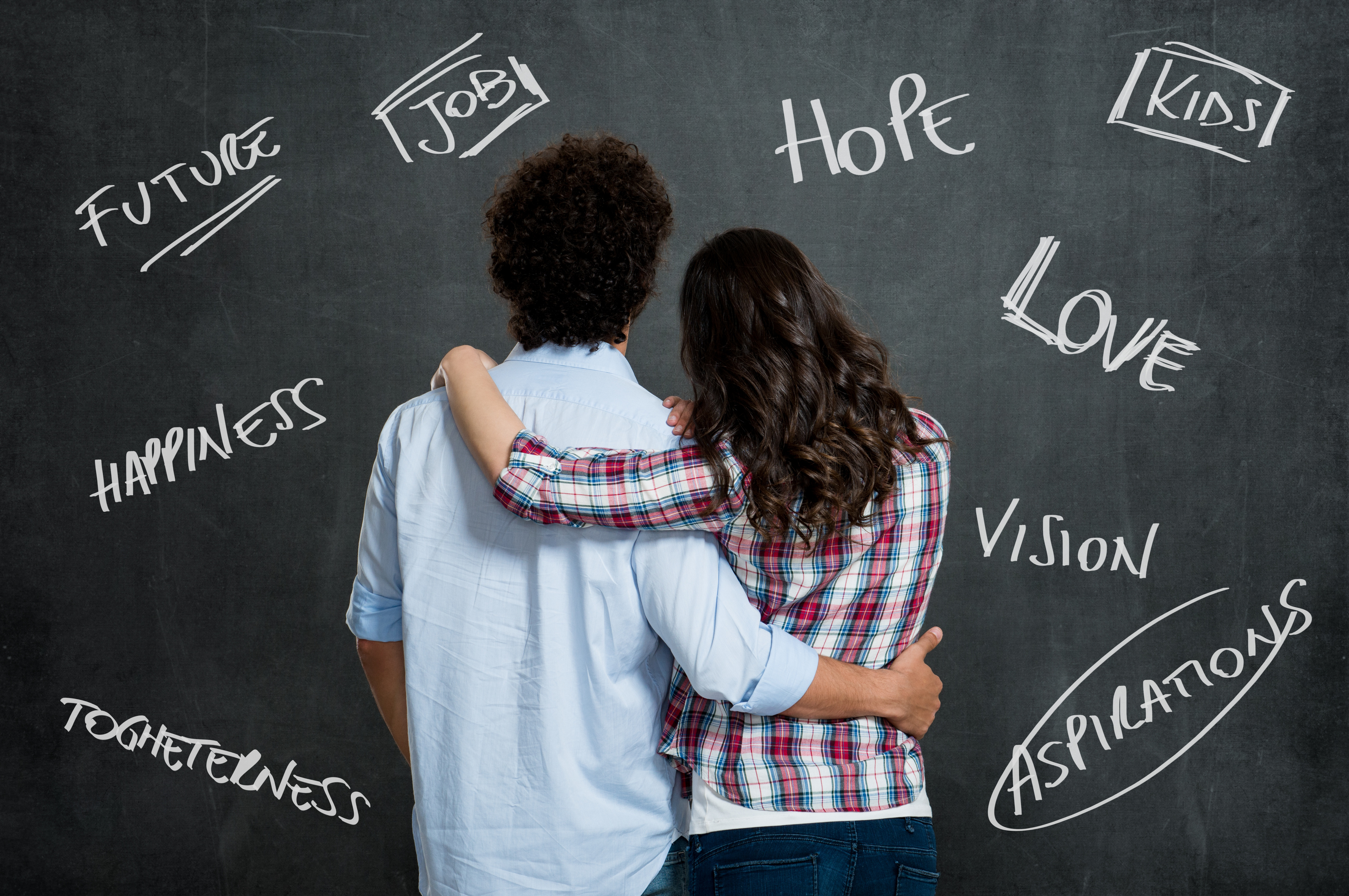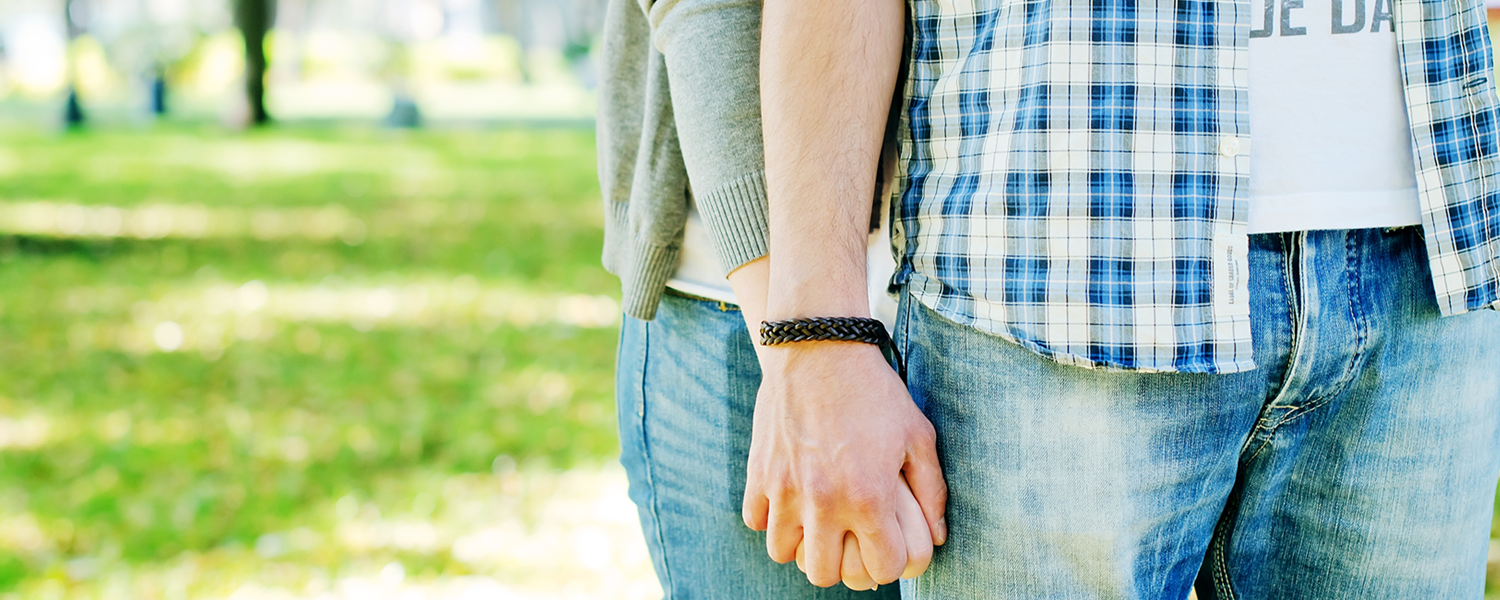Navigating Friendships
Friendship is one of the most consistent and important elements of our relational world. We cannot thrive without them, yet none of us ever took a class on how to establish healthy friendships. We learn by trial and error, getting hurt and hurting others along the way.
I think back to my days in high school and college and cringe at some of the ways I handled friendships and how my insecurities led to joining cliques rather than caring about people. I remember friendships that had unhealthy emotional boundaries or demands. I often “ghosted” friends (even though that wasn’t a term we used back then) when a relationship became uncomfortable.
The truth is that none of us do friendship perfectly, and I’m still learning! But to grow in our friendships, we need to have some gauge for what is healthy. Here are seven aspects of a relationship that can help you assess your friendships and perhaps more importantly, show you how you can become a better friend.
Gradual Disclosure and Trust
Have you ever met someone and instantly declared, “Where have you been all my life? You are my long-lost friend!” While there may be an immediate connection of personality and interests, there is no such thing as instant friendship. Healthy relationships can only develop over time and seasons. You cannot trust someone you don’t know, and you cannot know someone you haven’t walked some miles with.
During seasons of loneliness, we might force trust and companionship before allowing them time to develop. When we are insecure, we can find ourselves oversharing with a new friend, giving them the chance to reject us before we become too attached. If you find yourself repeating these patterns, you may need to be intentional about measured disclosure, slowly sharing more about yourself as you establish trust. Focus on listening and asking questions rather than succumbing to the pressure to reveal too much too soon. Give the friendship room to breathe and time to grow naturally.
Healthy Boundaries
Healthy boundaries are probably the trickiest element to friendship. How much should you depend on one another? You become friends because at some level you meet each other’s needs: needs for companionship, reassurance, and recreation. So when does dependency become unhealthy?
Friendships may become destructive when they are exclusive. Please don’t misunderstand; there is nothing wrong with wanting to spend time one-on-one with a friend. Deep friendships are nurtured during time alone because this is often when you can share with each other most vulnerably. But your friendships also need to involve an element of community.
Jealousy is a red flag of unhealthy dependency in friendships. Do you cheer for your friend to have other important people in their life, or do you feel threatened by that idea? While you depend on your friends, you also need to be able survive without them should one not be available during a season. We were created for community. Close friendships are an important part of that equation but cannot be our sole source of comfort and companionship.
The line between healthy and unhealthy dependence is a tough one to balance. None of us naturally do it perfectly. We will have tendencies to be either too distant or clingy. This is one reason having others involved in your friendships can give you helpful insight into dynamics you may not see clearly.
Flexible Roles
Personalities definitely play into how we navigate relationships. Some people are more assertive or talkative than others, but friendships become unhealthy when you fall into inflexible roles. If every time you get together with a friend, the conversation revolves around you trying to solve her problems, that’s not a healthy friendship. If you have a friend who never reaches out, you will probably be frustrated with that over time.
Healthy friendships develop a rhythm of give and take. You care about each other and lean on one another as the season dictates. You both have your own way of investing in your relationship without one person feeling like they need to keep the friendship alive.
Realistic Expectations
Imagine sitting down with a new friend and spelling out specifically what you can expect from each other. What if you actually negotiated things like how long it should take you to reply to a text or how often you plan to hang out with each other? That would just be weird!
Yet you still come to every friendship with a set of expectations. This is why you get frustrated and hurt when your friend doesn’t respond like you think he or she should. It is also why you might feel smothered by a friend who won’t stop messaging you.
Healthy friends give each other room for differing expectations. My friends over time have learned that I’m not a detail person, so I might forget a birthday. I’m also an introvert who likes deep, meaningful connections. I might not see or talk to my best friends for several months and still feel deeply connected to them when we get together. I also have learned to understand that my friends have their own unique needs and expectations that I need to be aware of.
While you probably won’t have that awkward conversation about expectations, learn to pay attention to what is meaningful to your friends. As you understand this, you will become less likely to misinterpret actions or hurt each other without realizing it.
Ability To Endure Through Hardship
Perhaps one of the most important qualities of a deep friendship is loyalty through conflict. You cannot have a significant relationship without hurt feelings and disagreements—they just come with the territory.
When we talk about family relationships like marriage or siblings, we put a lot of emphasis on working through conflict. But what about friendship? In some ways, this might be even more important to our friendships. It’s far easier to walk away from a friend than to walk away from your family.
It takes determination and love to hang in there with a friend through hurt feelings and significant disagreements. Are your friendships disposable and replaceable, or are you willing to work through the hard things together?
Grace To Accept You for Who You Are
I have some friends with whom I feel like I need to be on “my best behavior.” I pay more attention to how I’m dressed, how neat my house looks, or what I share. (I’m sure some people feel that way about me too!) But my best friends are those few who love me with all of my quirks and limitations. Within ten minutes, we can dive into the realities of life, delighting in the uniqueness of our personalities and experiences.
This is the kind of friend that we most desire and that we need to become. We live in a world that consistently judges. Without even realizing it, we size people up by their appearance, their accomplishments, how they carry themselves, and their opinions. Let’s try to see people for who they really are, their character too, while also accepting their limitations and imperfections.
Willingness To Speak Hard Truths in Love
Accepting people just as they are does not mean that we fail to challenge one another. Your best friends need to be people who challenge you to grow. In love and grace, they confront you when it’s necessary, instead of always taking your side for the sake of keeping the peace.
Good friends “have your back.” While they don’t gossip about you, they display the courage to tell you the truth in love. I once heard a statement that deeply challenged me in my friendships: “Gossip is saying something behind someone’s back you would never say to their face. Flattery is saying something to someone’s face that you would never say behind their back.”
Throughout our lifetime, we will all need good friends—those who will comfort us, remain loyal through difficult times, tell us the truth, and encourage us. I’m thankful for good friendships and hope to be a friend that is truly a blessing to others as well!
Juli Slattery (6/22/2022)


